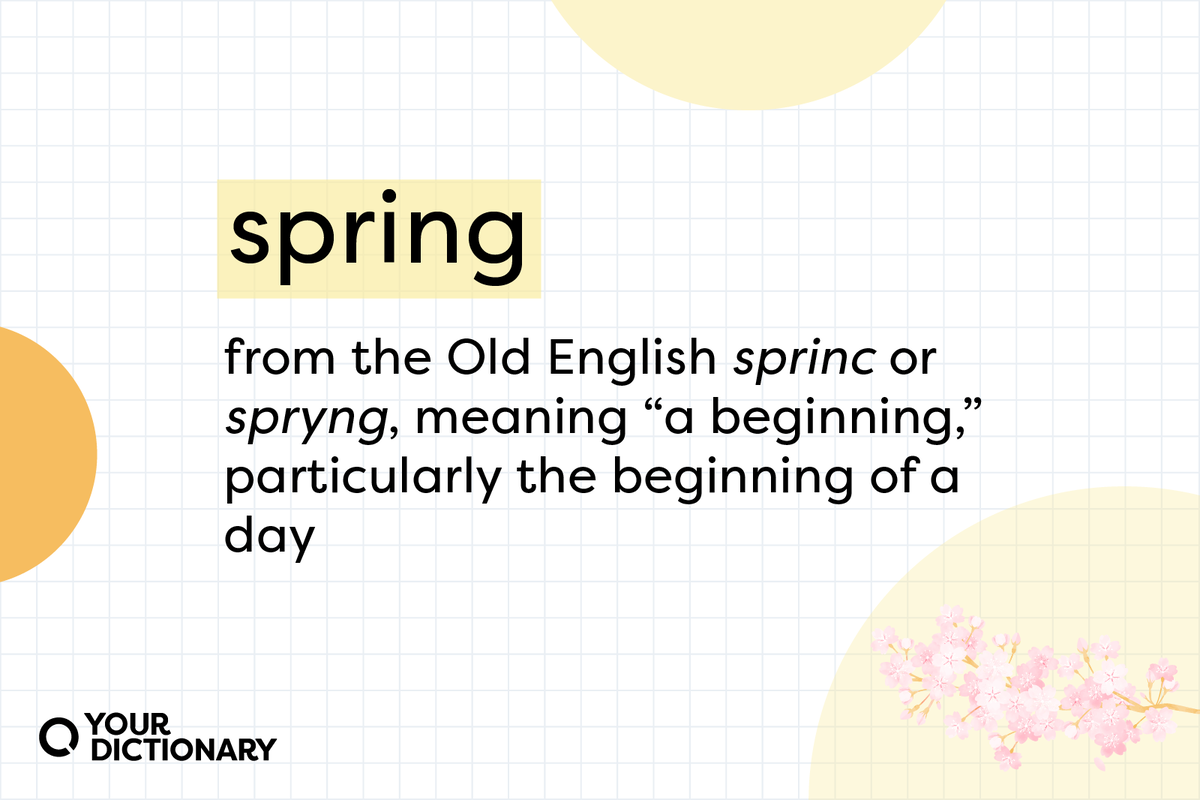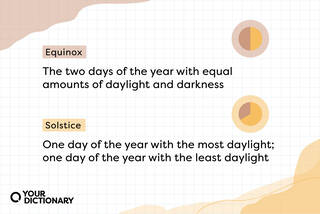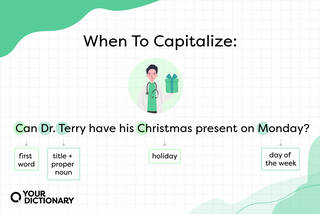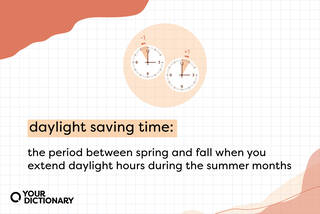
The weather is getting a little warmer, the birds have begun making their nests, and little green leaves are starting to appear on the previously empty trees. It’s starting to look a lot like spring — but why did we name this fresh, flowery season after a metal coil? What does spring mean, anyway?
What Does the Word “Spring” Mean?
The word spring comes from the Old English sprinc or spryng, meaning “a beginning,” particularly the beginning of a day (known as day-spring or the spring of the day). It refers to the action of springing forth — just like that metal coil does when you hold it tight and let it go.
In the 15th century, the season we now know as spring was called prime-temps (from the Latin tempus primum, meaning “first season”). But a few decades later, the phrase spring of the leaf (or springing time) came to mean “the period of time when trees begin to regrow their leaves” or “when the leaves spring forth from the branches.”
Today, we call this period spring (or springtime) for short.
Fast Fact
Ever wonder why autumn is often called fall?
Just like spring of the leaf meant “when trees regrow their leaves,” the phrase fall of the leaf meant “when trees lose their leaves.” The words spring and fall soon represented the seasons defined by what the leaves were doing.
When Is the Spring Season?
The official start of spring comes with the spring equinox, also known as the March equinox or vernal equinox. It occurs when the sun is positioned directly over the Earth’s equator, making the day and night almost exactly the same length.
On a given year in the Gregorian calendar, the spring equinox comes between March 19th and March 21st. Spring then lasts until the summer solstice, which usually happens between June 20th and 21st.
Below the equator in Australia, the spring season is at the opposite end of the calendar (September through November), and fall occurs when the northern hemisphere celebrates spring.

Equinox vs. Solstice: How Are They Different?
Why Does Spring Symbolize New Beginnings?
The season of spring — and spring holidays such as Easter — has always represented a new start to the year.
In nature, spring is when animals have their babies, flowers begin to bloom, and trees grow their leaves back. But why does spring feel like a fresh start when it’s not the beginning of the year?
It actually used to be the beginning of the calendar year. According to the Roman calendar (738 B.C. – 46 B.C.), March was the first month after an indeterminate, unnamed winter.
That’s why spring was called tempus primum in Latin — it was the first season of the year. Now March is the third month of the year, but it still feels like that fresh start we need after a cold season.
Fast Fact
Even though we use spring to describe a big part of our calendar, that’s not its only meaning. Spring can also mean:
- to move suddenly or leap (verb)
- to come from an origin (verb)
- to make something open (verb)
- a natural flow of water (noun)
- a source or origin (noun)
- a metal coil used in a machine (noun)
Do You Capitalize “Spring”?
Spring isn’t a holiday — it’s a season.
In English grammar, we don’t capitalize seasons, so spring only needs to be capitalized when it’s the first word in a sentence, just like any other word.
- Let’s go to Florida this spring.
- Each spring, we visit the poppy fields to see the flowers in bloom.
- Is it true that seals return to the same place have their pups every spring?
- Spring can be a challenging season for people with allergies.

11 English Capitalization Rules: How, When, and Why
What Does “Hope Springs Eternal” Mean?
Many people use the expression “Hope springs eternal” to mean “I hope the spring season lasts forever.” And they would be right — if the phrase were actually “Hope spring’s eternal” (note the apostrophe to shorten spring and is.)
“Hope springs eternal” actually means “There is always reason for a person to hope.”
It comes from Alexander Pope’s “An Essay on Man” as the speaker describes the everlasting quality of hope.
Hope springs eternal in the human breast:
Man never is, but always to be blest:
The soul, uneasy and confin'd from home,
Rests and expatiates in a life to come.
Use “hope springs eternal” when you want to say “I’m hopeful.” Don’t use it when you’re enjoying the warm sunshine and chirping birds of the springtime — you can just say “spring is nice” in that case.
Phrases and Idioms That Use “Spring”
“Hope springs eternal” isn’t the only idiom that uses the word spring. Other expressions that reference spring — both the season, the action, and the coil — include:
- spring chicken - a young person
- spring cleaning - that yearly urge to clear out your closet or office
- spring fever - a newfound romantic energy
- spring has sprung - the spring season is beginning
- spring is in the air - spring (or a fresh new time) is apparent everywhere
- no spring chicken - not a very young person

Is It “Daylight Saving” or “Daylight Savings”?